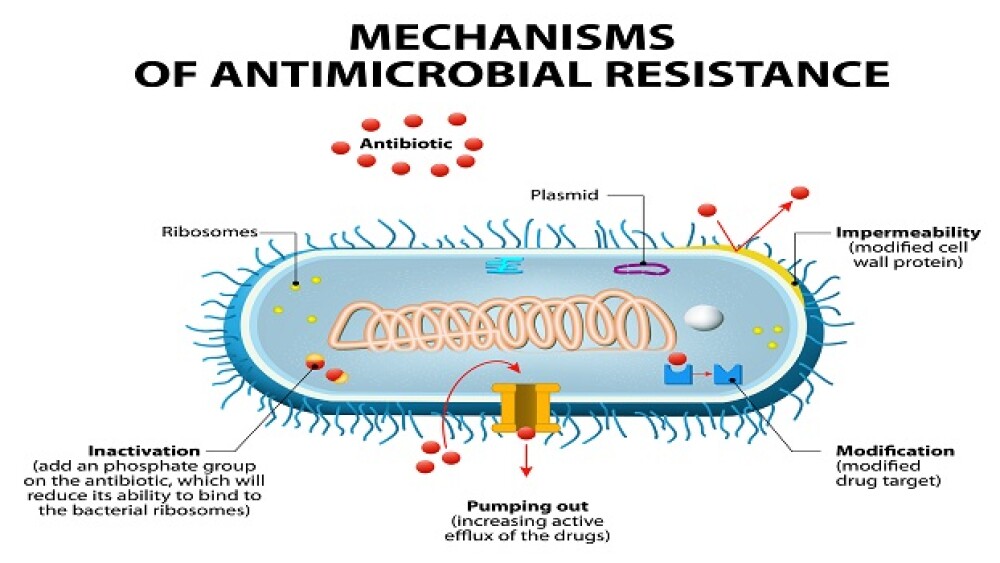With growing concerns about the rise of drug resistant bacteria, multiple companies are developing new forms of antimicrobials to take on serious health concerns.
According to the U.S. Centers for Disease Control and Prevention there are at least two million people in the country who become infected with a bacteria that are resistant to antibiotics. Of those, about 23,000 people die annually.
With growing concerns about the rise of drug resistant bacteria, multiple companies are developing new forms of antimicrobials to take on serious health concerns, such as carbapenem-resistant enterobacteriaceae (CRE), Clostridium difficile (C. diff) or Staphylococcus infections. Two of those companies, Spain-based Helperby Therapeutics Ltd. and Boston-based NovaDigm Therapeutics , forged ahead with new programs this week.
Helperby released Phase I data from a study of azidothymidine (AZT) and colistin alone and combined as a treatment against multi-drug resistant CRE. Helperby said the combination of the two drugs proved to be active against all three WHO Critical Priority Pathogens -- Carbapenem-resistant Enterobacteriaceae (CRE), carbapenem-resistant Acinetobacter (CRAB) and carbapenem-resistant pseudomonas aeruginosa (CRPA).
CRE infections typically occur to patients in hospitals or other healthcare settings. The CDC noted that approximately 50 percent of patients who become infected with CRE die due to the highly-resistant nature of the bacteria to antibiotics.
This research paves the way for further clinical trials and the potential for the development of a new class of antibiotics, effective against some of the most resistant pathogens. This combination could reach the market in just three to five years, the company said in its announcement.
In addition to the Phase I data presented at the European Congress of Clinical Microbiology and Infectious Diseases, Helperby also presented preclinical data that showed AZT is active against carbapenem and colistin resistant Enterobacteriaceae.
Helperby Chief Executive Officer Dennis Molnar said combination therapies “prevent the emergence of resistance.” Molnar said the company’s combination technique has the potential to extend the life of last-resort antibiotics.
In Boston NovoDigm announced it was moving its antimicrobial treatment for Staphylococcus aureus (S. aureus), NDV-3A into a Phase IIa study. The study will include U.S. Army infantry trainees at Fort Benning in Georgia. NDV-3A, which contains a recombinant form of the Candida albicans agglutinin-like sequence 3 (Als3) surface protein, is the company’s lead development candidate to potentially treat antimicrobial resistant fungal and bacterial pathogens.
NovDigm said soldiers are at an increased risk for S. aureus infections due to factors like limited access to hygiene during field training and overcrowding. In early clinical studies NDV-3A has shown to be both safe and highly immunogenic in healthy human volunteers, NovoDigm said. Two Phase I studies showed that NDV-3A created rapid antibody and T-cell responses in a patient following a single dose in patients, with or without alum adjuvant. A Phase II efficacy study of NDV-3A versus placebo in 188 patients with recurrent vulvovaginal candidiasis (RVVC) demonstrated that a single dose of NDV-3A resulted in an increase in the recurrence-free rate out to 12 months and extended the time to first recurrence for those that had a recurrence.
In March Allecra Therapeutics released positive top-line data from its Phase II trial of AAI101, an antibiotic against gram-negative bacteria.





